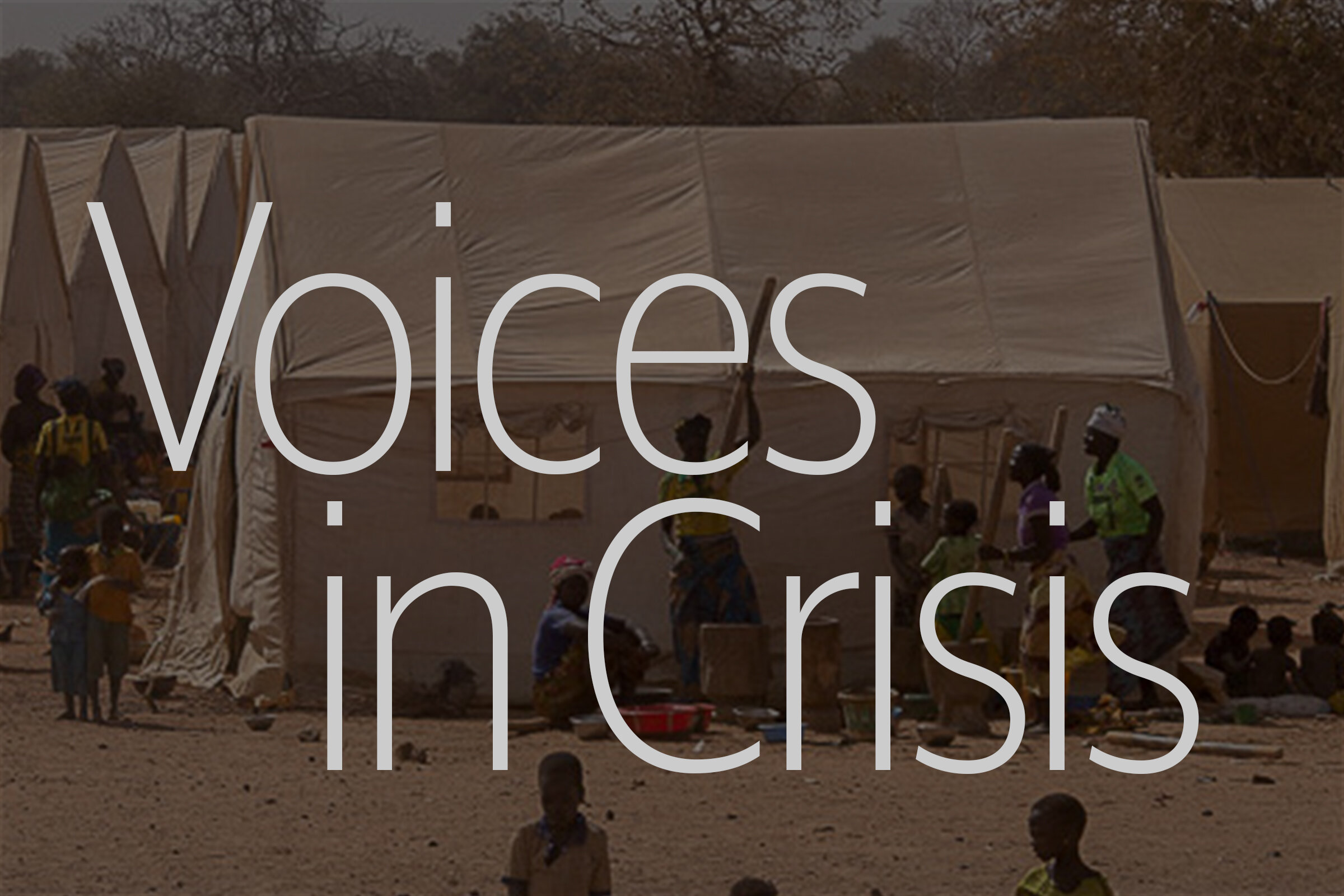CDAC Network response to Mark Lowcock’s proposal for an Independent Commission for Voices in Crises announced on 22nd April 2021
The Communicating with Disaster Affected Communities (CDAC) Network welcomes the focus on accountability to affected populations that Mark Lowcock has maintained throughout his time in his role as Under Secretary General for Humanitarian Affairs. His championing of improved accountability has helped to drive collective action and commitment to greater dialogue with, and accountability towards, people and communities within the Humanitarian System.
We welcome the potential step-change in investment and leadership the announcement may bring to communication, community engagement and accountability at a time where the realisation of Accountability to Affected Populations (AAP) is far removed from the rhetoric. Furthermore, an approach that is independent of the silos inherent in the existing humanitarian system could incorporate a broader range of actors and may well drive action towards fulfilling those commitments that have already been agreed at the leadership level. The way the proposal recognises the necessary inclusion of effective dialogue with people affected by crisis, echoes the central vision of CDAC and its members.
There is a risk, however, that the proposed Independent Commission for Voices in Crises (ICVIC) will represent an additional layer of top-down decision making that lacks relevance and which further alienates people and communities affected by crisis. As the aid community moves towards more local, more representative, and more responsive programmes, and at a time when digital and technology access is accelerating opportunities to engage people effectively, it is important to take these changes into account and build on lessons at both a global and at a local level.
The end goal of this approach to improved leadership accountability must be the improved ability of people to actively participate in the decisions that affect them, ideally in their own language. Accountability systems must be built people and communities affected by crisis, the humanitarian agencies. It needs to be independent and transparent. Any new initiative to increase accountability should be designed to create more openness. It should ensure decision-making is communicated transparently, humanitarian agencies are approachable, and that data is accessible for local actors and the people they represent.
The CDAC Network welcomes this spotlight on the need for greater accountability within the humanitarian system and encourages a debate that expands beyond accountability experts. But at a time when the global discourse is focusing on decolonising aid and transferring power to more appropriate stakeholders, we caution against imposing an additional layer of top-down process that continues to put recipients ‘downstream’.
The CDAC Network members look forward to engaging in further discussions on how to strengthen accountability and support the development of inclusive participatory communication and community engagement.
***
We recommend that the following be considered in forward discussions related to the Independent Commission of Voices in Crisis.
1. There are multiple important global initiatives focusing on complementarity with, and between, humanitarian actors on inclusion, participation, and accountability. But these initiatives are unevenly concentrated at the global level, and discussions and global policy development often fails to include the right people at the right time. Local initiatives struggle to find voice, influence and power.
Additional efforts focused on improving accountability should begin with a transparent analysis of decision making and blockages. It will be important to understand how an independent body can influence longer term change in the responsiveness of the system.
2. Evidence produced by CDAC members and others undisputedly identifies the need to adopt and adapt to context specific approaches of engagement in order to maximise impact and inclusion. Effective communication uses multiple and preferred channels of communication, engages dialogue with individuals and institutions people trust, and is available in all local languages. It is responsive to people's questions and information needs and strengthens available systems to reach all those affected in a crisis.
Investment in improved accountability should utilise and strengthen the multiple local and globally led entry points for meaningful dialogue that can uphold the dignity of affected people.
Trust, access, and utilisation of effective communications are critical to meaningful engagement of local voices, whether this is to express need or to give feedback.
3. The humanitarian system does not operate in a vacuum. Needs, preferences, and how people cope in times of crisis vary wildly and change over time. The localisation agenda, anticipatory action and the nexus conversations all point towards the same direction; while it is important that we keep working to improve the humanitarian system we should be careful not to put all our resources/efforts into our own mechanisms. We need to keep looking at how to improve the humanitarian response and look for ways to support local initiatives that are key to get people from crisis to recovery.
The proposed ICVIC offers an opportunity to simplify accountability by considering people’s perspectives and actioning them. Transparent, accessible, and inclusive data analysis will be critical to ensuring that change is possible, and that impact is felt, beyond the humanitarian system.
4. Finally, it is estimated that well under 1% of the total budget of annual humanitarian response plans and other appeals is spent on collective approaches to communication, community engagement and accountability despite the evidenced impact on inclusion, participation, and accountability. The 2020 Global Humanitarian Assistance Report estimated that, in 2019, just 2.1% of humanitarian funding went directly to local and national actors – less than a fraction of the 25% commitment made during the Grand Bargain discussions.
The CDAC network agrees with the analysis of a system failing to appropriately listen to the voices of people affected by crisis.
And we encourage decision makers to make additional funding available to support existing and emerging initiatives focused improved communication, community engagement and accountability.

